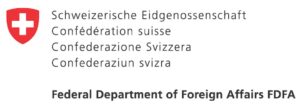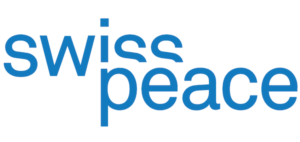South Sudan is facing one of the worst displacement crises in the world today. More than half of the population is food insecure and, if not for international humanitarian aid, the country would almost certainly have already faced famine. A new peace agreement is bringing cautious hope to the displaced and is driving discussions of returns from both within and outside of South Sudan, particularly for those in UN-hosted Protection of Civilian sites (PoCs) within the country. However, security concerns and humanitarian needs remain immense, and rushed returns risk fueling ethnic tensions and costing lives.
These challenges are amplified by the broader realities of ongoing instability in some pockets of the country and active manipulation of aid by the South Sudanese government and opposition authorities. Aid manipulation takes many forms, from the use of instability as an excuse to block aid delivery to opposition areas, to the blatant diversion of aid away from civilians and into the hands of soldiers. One of the most egregious ways that aid risks being manipulated is in reinforcing the dislocation of ethnic groups, or what some observers even have described as ethnic cleansing. Ethnic minorities have been targeted with violence throughout South Sudan’s civil war, dramatically altering the ethnic makeup of some areas of the country by displacing their populations. Several large towns and other areas have been depopulated of their traditional ethnic communities and are now being repopulated by members of the dominant Dinka ethnic group. Returns of internally displaced persons (IDPs) and provision of aid that fails to consider this context risk reinforcing demographic shifts born of atrocities and the inequalities, impunity, and ethnic tensions that go with these shifts.






